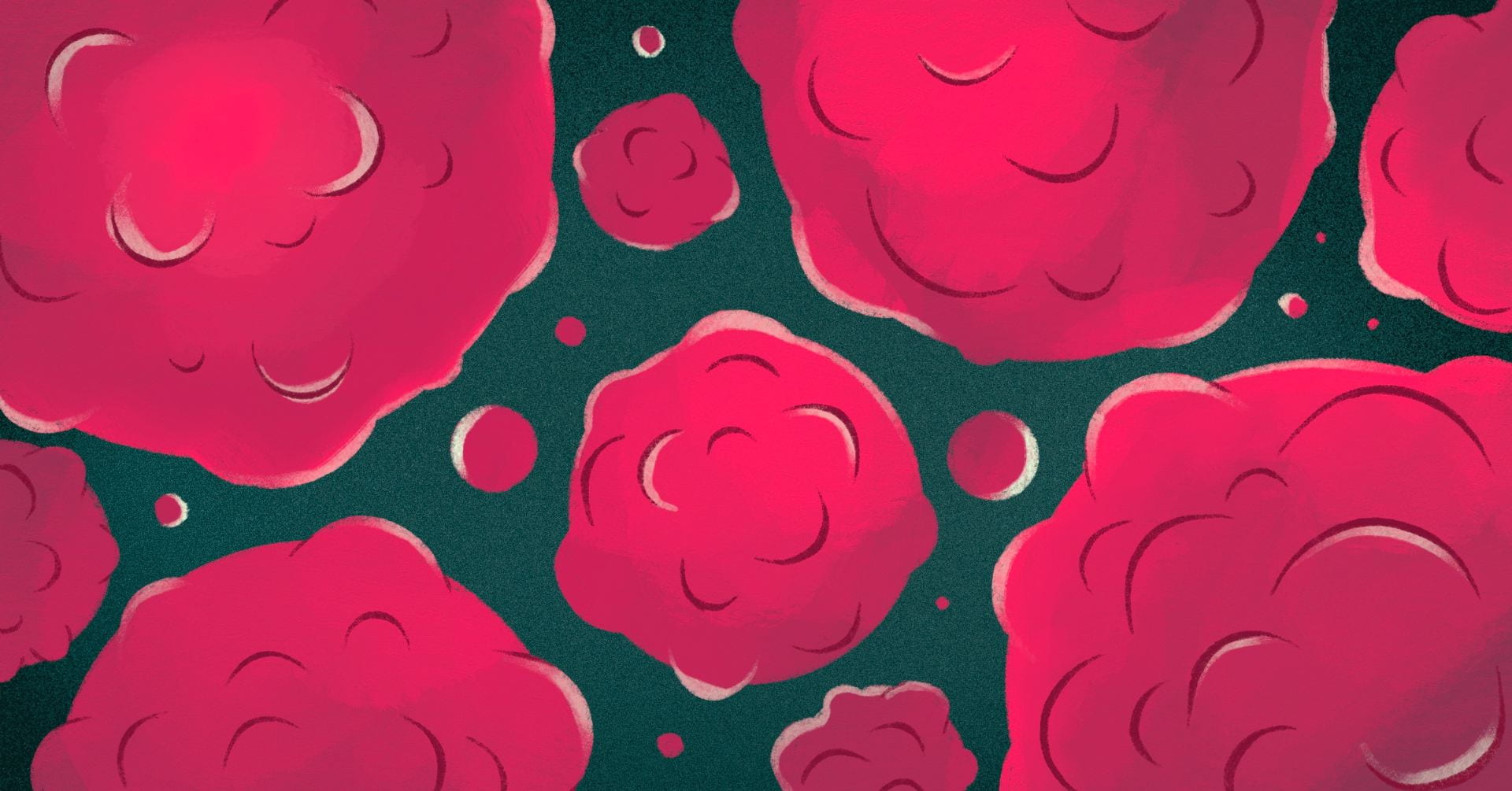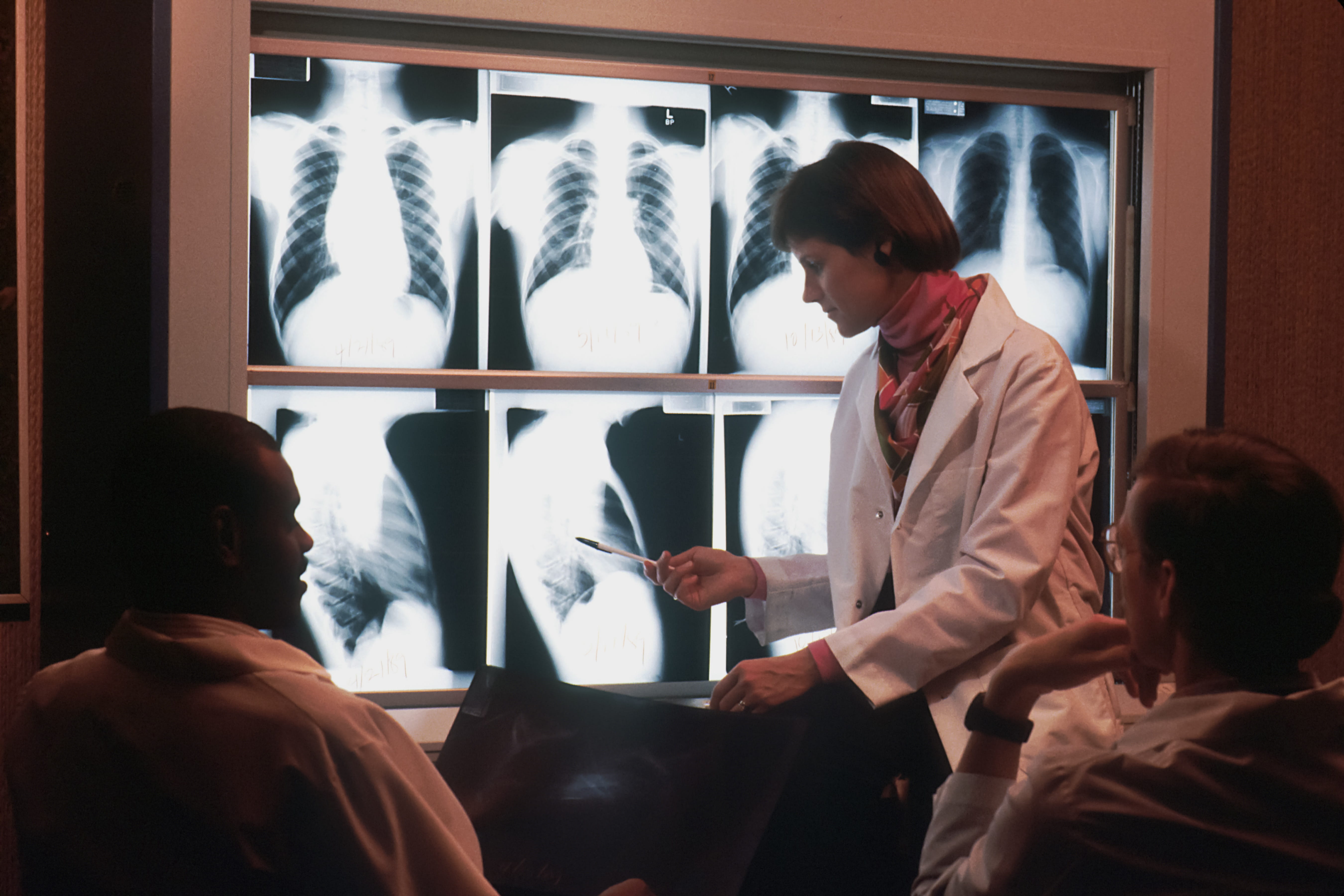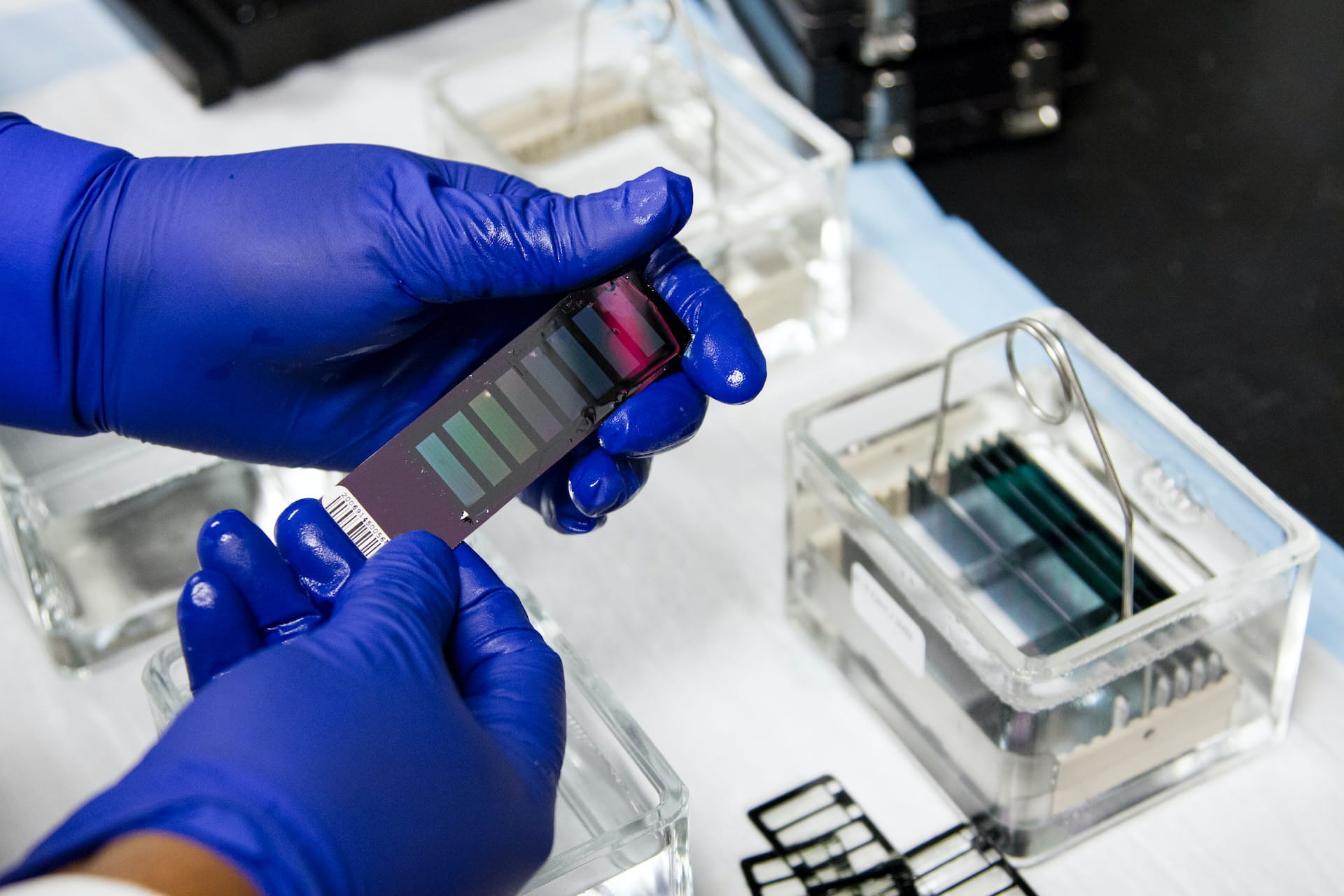
Sarcoma – What to look out for/signs & symptoms
Sarcoma awareness month encompasses the whole of July. It is a great opportunity to raise awareness for the condition, thus people can recognise the symptoms and get treatment as soon as possible. Sarcoma is rare, affecting less than 500 people in the UK every year. However, like with most conditions – the earlier the detection, the better the outcome. Sarcoma is not a widely spoken about condition – so I am here to give you an overview of the condition, what a sarcoma is, what to look out for, and what to do if you suspect it.
What is a sarcoma?
A sarcoma is a rare cancer that originates from either muscles, bones, or connective tissue in the body. There are around 100 different sub-types of sarcomas, named differently depending on where the cancer develops.
It is unclear what causes a sarcoma, but there are certain factors that may increase your risk, such as:
- Previous radiotherapy – perhaps treatment from a previous cancer.
- Age – more common the older we become.
- Genetic conditions – such a neurofibromatosis or retinoblastoma.
- Chemical exposure – such as certain herbicides.

What are the symptoms of sarcoma?
- Painful or painless soft tissue lump on the body.
- Bone pain.
- Bone swelling.
Symptoms depend on the location of the lump, for example – swelling on the tummy may cause a sensation or fullness and constipation, or a swelling near the lungs may causes breathlessness or a cough etc. These are extra symptoms to look out for.
What if I have these symptoms?
If you have any of these symptoms, do not panic, simply contact your GP. The NHS advises to seek help from your GP if you find a lump, particularly if the lump is growing overtime. When you see your GP, you will be examined, and if a sarcoma is suspected you will be referred to have further testing (including a scan and a biopsy) in hospital to make a diagnosis. If a diagnosis is made, then further testing detailing the stage of the cancer and whether the cancer has spread anywhere else will be determined.

How is sarcoma treated?
The treatment for sarcoma will vary depending on the location, the size, and the stage of the sarcoma. Treatment may involve surgery to remove it, radiotherapy, chemotherapy, or palliative care.
Please do not be alarmed, sarcomas are rare. Moreover, there are many different causes for a lump on your body other than a sarcoma, for example it may be a lipoma (fatty lump), or a cyst (collection of fluid). However, just to be safe, it is always better to get things checked out. More research into sarcoma is needed to fully comprehend the condition and to aid with prevention. I have attached a link below to cancer research UK if you would like further reading on this topic: https://www.cancerresearchuk.org/about-cancer/soft-tissue-sarcoma
Information from this article has been taken from:



